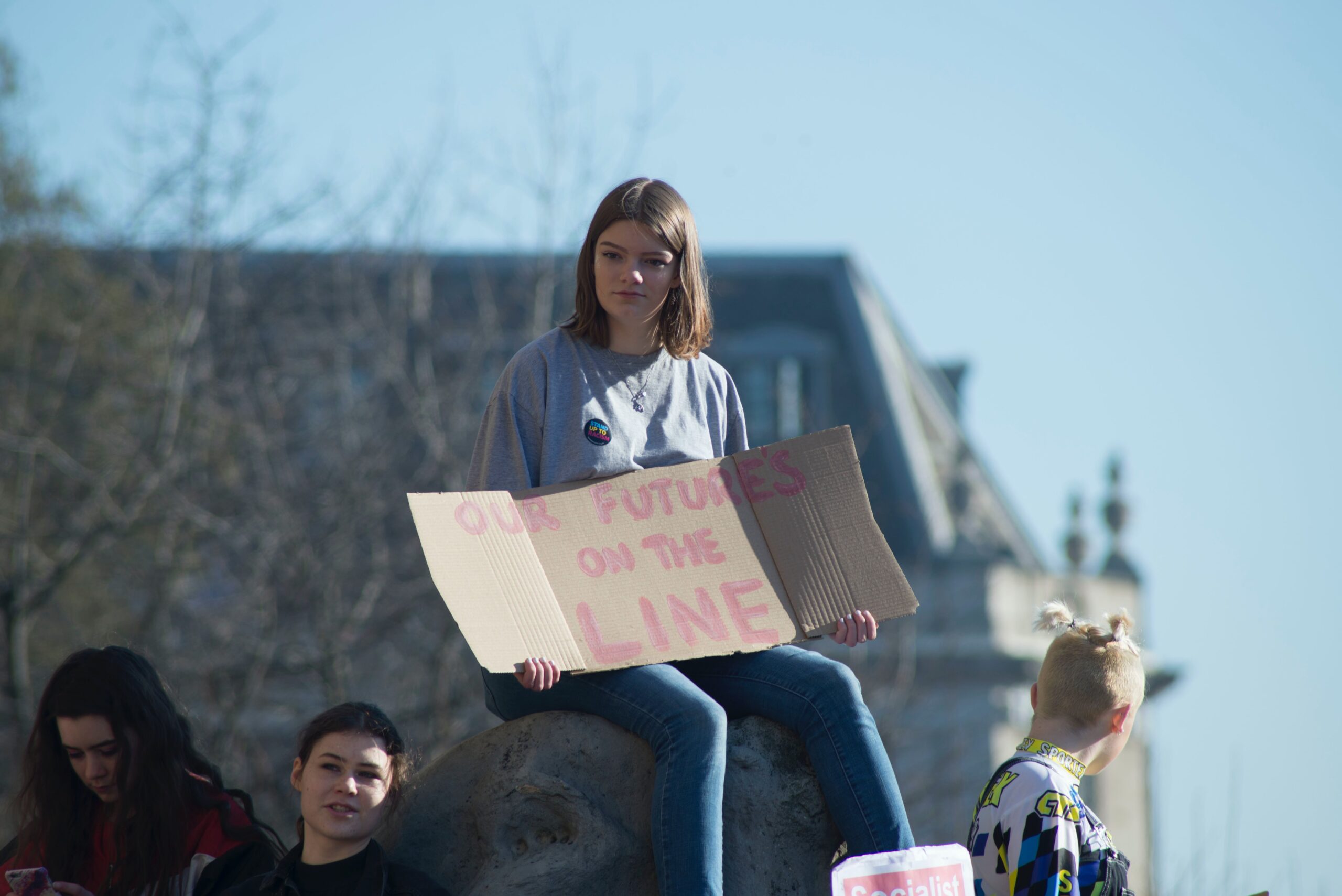An article written by rebel, Lawrence Fan, a sophomore at Cornell University studying computer science. Lawrence hopes to make an impact by building value at the intersection of technology and humanities.
Those who have a stake in the future are the ones who fight for it, and those who aren’t afraid to dream are the ones who shape reality. On the surface, it seems as if the elderly are pulling all the strings; politicians and business tycoons all seem to be in their 70s and 80s, with fifty years old being considered “young.” However, there is a major discrepancy between those who hold positions of power and those who actually make a difference, historically.
Millennials or more recently, Gen-Z, are lauded to be “the future”, not only because they quite literally are, but because they are actively shaping it through activism, entrepreneurship, charity and discourse – our youth are taking the initiative to bring their vision into the world. In a 2020 poll conducted by researchers at Tufts University, 83% of people between 18 and 29 believe that they have the power to change the country. Additionally, a survey by the Pew Research Center shows that 41% of protest attenders against racism are under the age of 30.
With the rise of the internet and social media, many young changemakers have gained significant traction. Among the most prominent is Greta Thunberg, a 19-year-old climate and environmental activist from Sweden. Gaining over 14 million Instagram followers and being the youngest Time Person of the Year, Greta’s contribution to climate justice includes founding the worldwide Fridays for Future movement, addressing world leaders at the United Nations in New York, and publishing a New York Time bestseller book on the topic. In fact, a study in the Journal of Applied Psychology proved the “Greta Thunberg effect”, which states that individuals familiar with the activist are more inclined to take action against climate change.
The impact of our youth goes far beyond modern inspirational young figures such as Greta. Almost all social progress in America was ushered in by the efforts of young adults, most notable of which are the women’s suffrage movement and the civil rights movement. It was high school and college students whose protests brought about the end of the Vietnam War. Outside the United States, early adults have been the catalysts of the historic Arab Spring revolts as well as Tiananmen Square. On top of bringing change through activism, the younger generations spearhead innovation and entrepreneurship, founding many of the influential technology companies. Apple was founded by Steve Jobs when he was 20 years old. Mark Zuckerburg dropped out of college at the age of 19 to start Facebook. Daniel Ek incorporated Spotify at just 23 years old. Today, we have Henry Elkus solving critical societal problems through Helena, Zendaya providing children-in-need with educational material and technology, starring in multiple blockbuster movies, and Helen Mayer connecting busy parents with childcare services through Otter.
Clearly, it can be seen that young people driving progress is not an exception but the norm. Many may wonder as to why younger generations tend to shape society the most, especially if they’re used to seeing historical figures like the founding fathers in the form of “rich old dudes in fancy white wigs.” However, even the founding fathers were just getting started when signing the Declaration of Independence, with James Madison being 25, Alexander Hamilton being 21, and James Monroe being only 18. One key factor behind young people’s ability to make a difference is their idealism; relatively free from chains of the status quo and burdens of mid-life responsibilities, young people aren’t afraid to dream and are willing to expend the energy to fight for their vision. Additionally, young people are more likely to be influenced into non-conventional opinions, as their worldview is still developing.
It’s important that we recognize the power of the next generation. Youth, given the right environment and mindset will break barriers and inspire others. Take Jocko Willink, who admitted that he could have easily fallen into a life of crime. However, he was able to harness his potential through Navy SEAL training, eventually becoming a SEAL officer with a Silver Star. Today, Jocko runs his own podcast as well as Echelon Front, an online leadership academy. Youngsters are the most creative beings. They possess the freedom and bravery to imagine things differently, so let’s listen and follow children. Let’s bring back the ability to think outside of the box, something we lose as we age.


